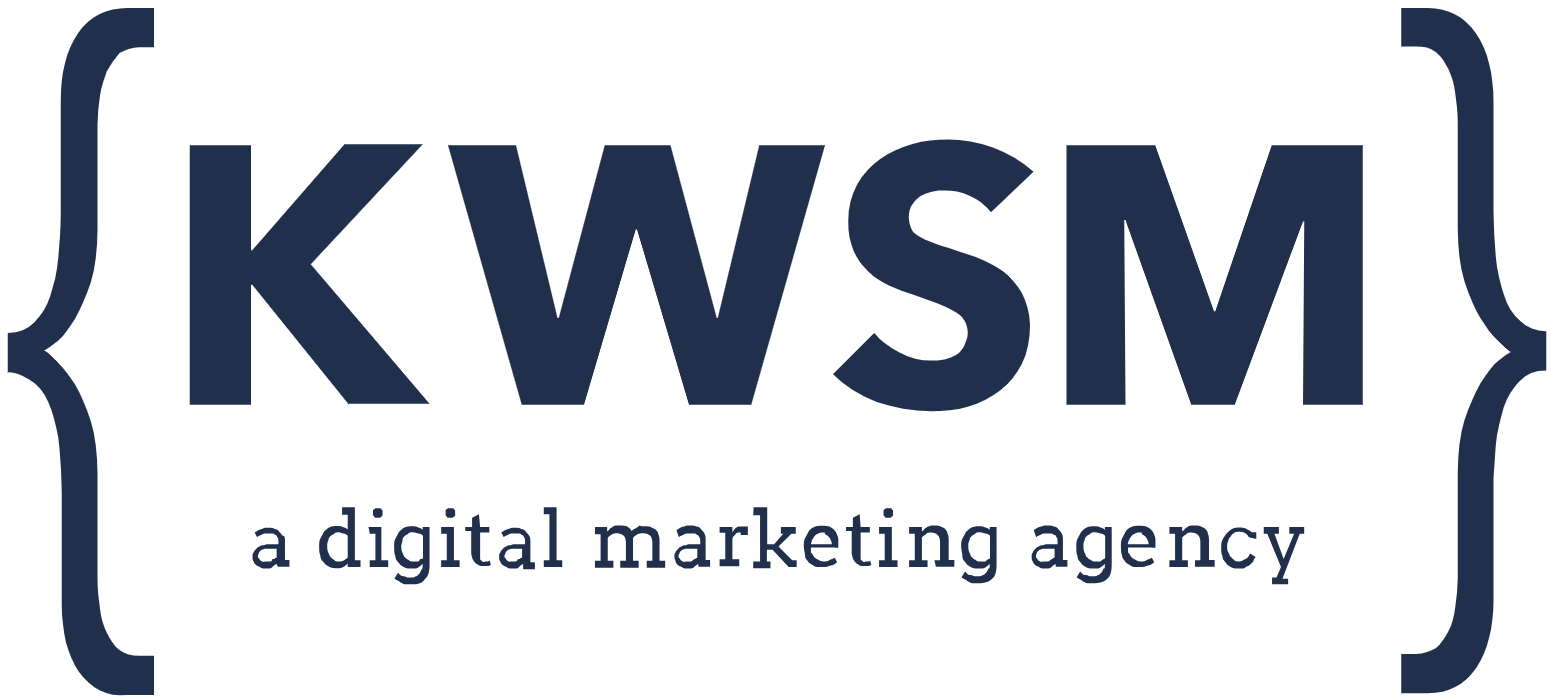An annual audit is a necessary evil for all healthy businesses. It helps establish which divisions or departments are performing the best and which processes are working most efficiently; conversely, an annual audit can identify the areas that could use an overhaul. In terms of your social media initiatives, conducting an audit on your channels is a great way to understand how to most effectively use your time and to create a strategy based upon real, quantifiable data.

Create a Spreadsheet
Without a plan of action, you’ll spend more time trying to decide which channels to focus on, rather than getting down to the nuts and bolts of how your social media campaign is actually going. We recommend by starting with a simple spreadsheet, and taking stock of which channels you currently have, how many followers or fans they have, and how often you post to them. This will also allow you to organize and categorize all the new information you’ll generate during the audit.
Search Yourself
One of the best ways to get a baseline of your social media success is to do a simple Google search. Aside from your company website, your social channels should be the first URL’s that appear. If you’re not ranking in search, you may need to look into the Search Engine Optimization (SEO) of your website to determine if your search terms and keywords are being indexed by Google’s search engine. Similarly, conducting a search helps you tap into the general public’s opinion of your company, product, or brand, which can be very useful feedback, even if it isn’t always completely positive.
Check Out Your Competitors
One thing about social media is certain: you can’t stay competitive if you’re not aware of what your counterparts are doing. Take note of the types of content they produce, which posts get the best engagement, and most importantly, the types of promotions and campaigns they employ to drive sales. Emulate what you like, then try to find a way to put your company’s twist on things. Furthermore, in discovering where your competitors are excelling and where they are falling short, you can leverage any missed opportunities. New platforms and applications (for example, Snapchat or Periscope) are popping up all the time, and if your competitors aren’t savvy enough to jump on the bandwagon, you can corner the market on those channels simply by participating.
Reconnect With Your Customers
The most abstract yet important facet of your audit is the opportunity to reconnect with your customer base. Creating the type of content your audience wants to engage with is far easier if you have your finger on the pulse of what people are talking about, where they’re talking about it, and the appropriate way to direct them back to your brand. Twitter is a great place to start because you can easily search your company’s hashtag to see what people are saying, while monitoring trending topics and relevant events; this all helps with keeping your online presence current and catchy. Furthermore, it may become evident during an audit that certain channels are more relevant to your audience than others, which can help direct your efforts to maximize your efficiency.
Want more insight on social media best practices for your small business? Sign up for our Social Media Bootcamp!










